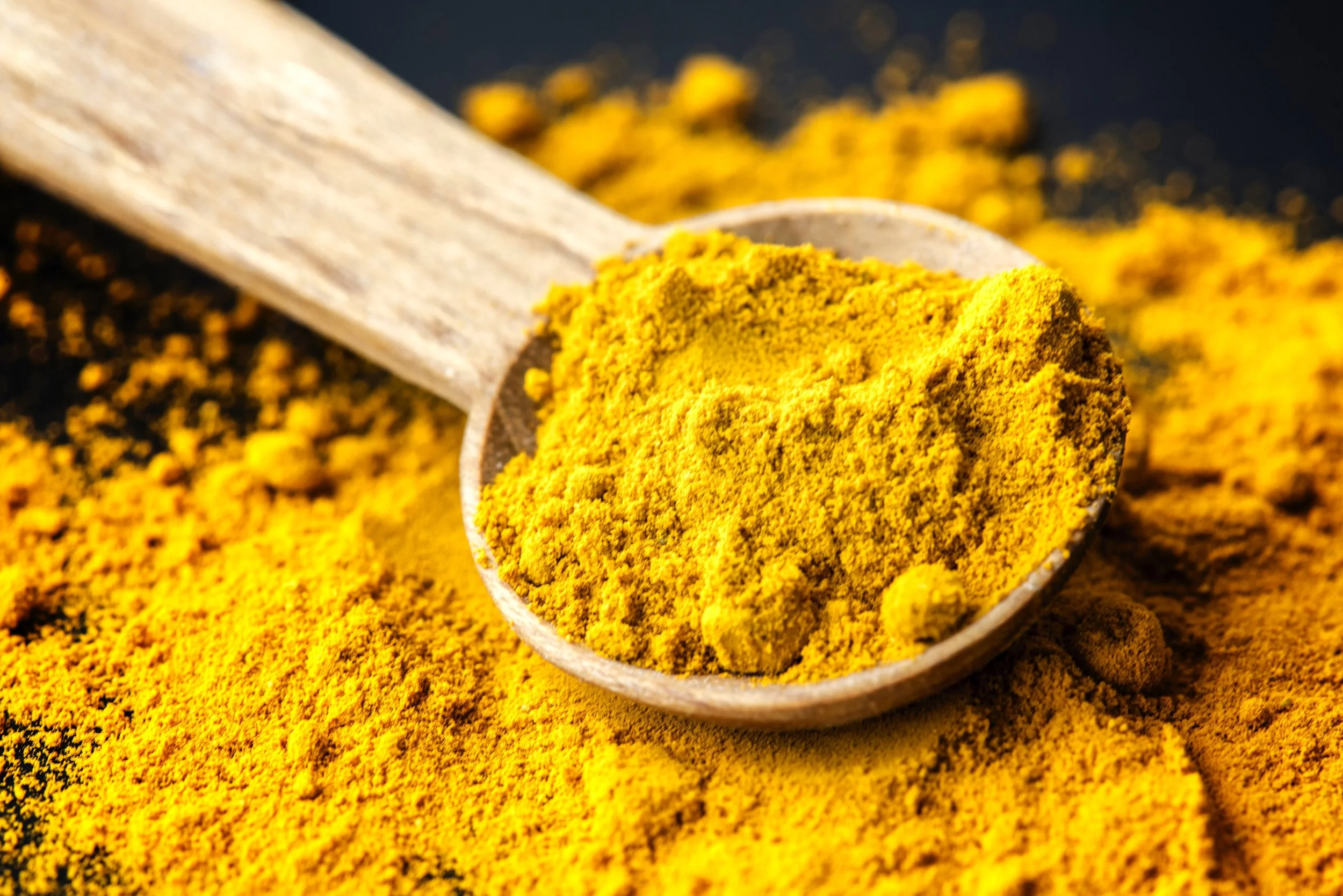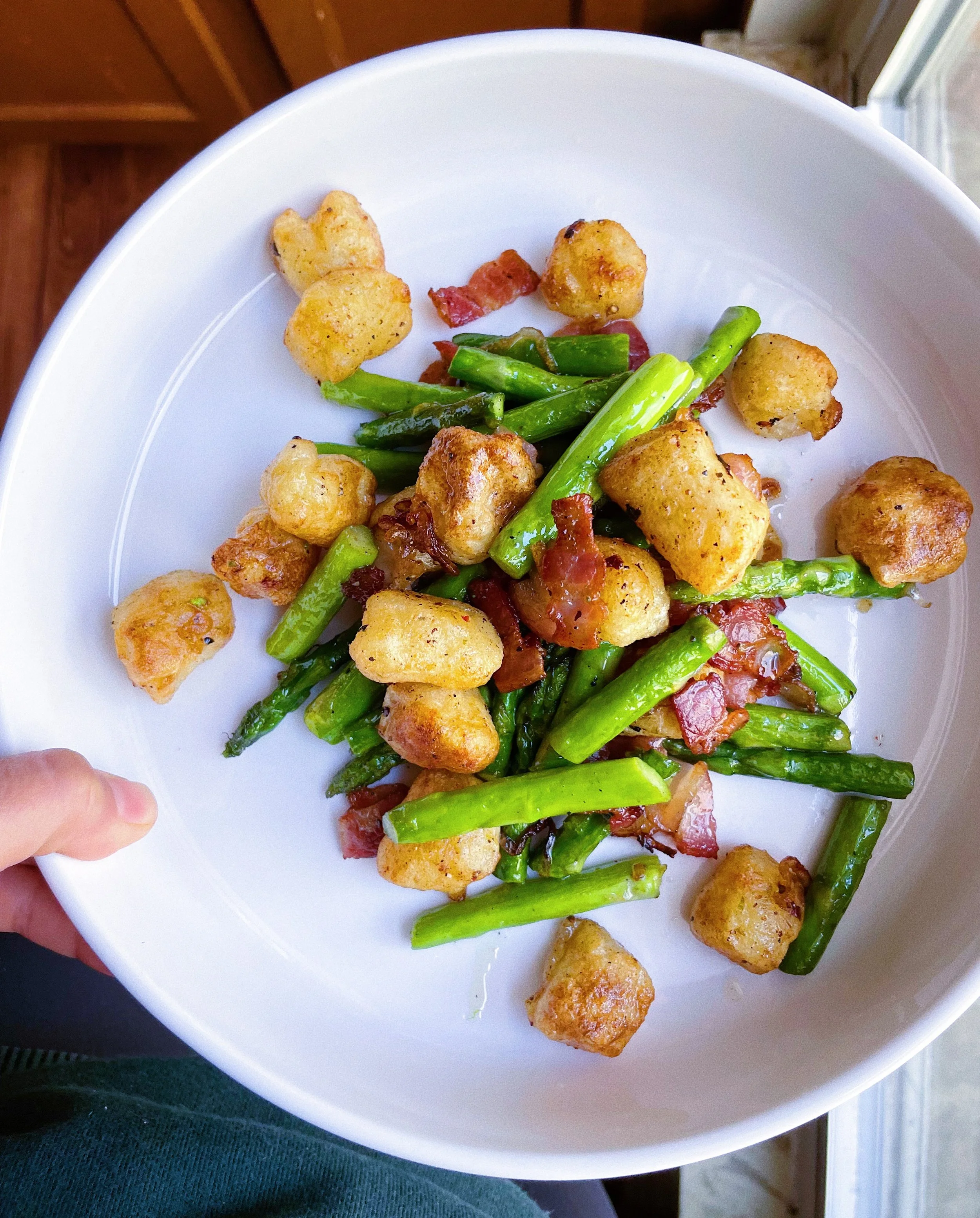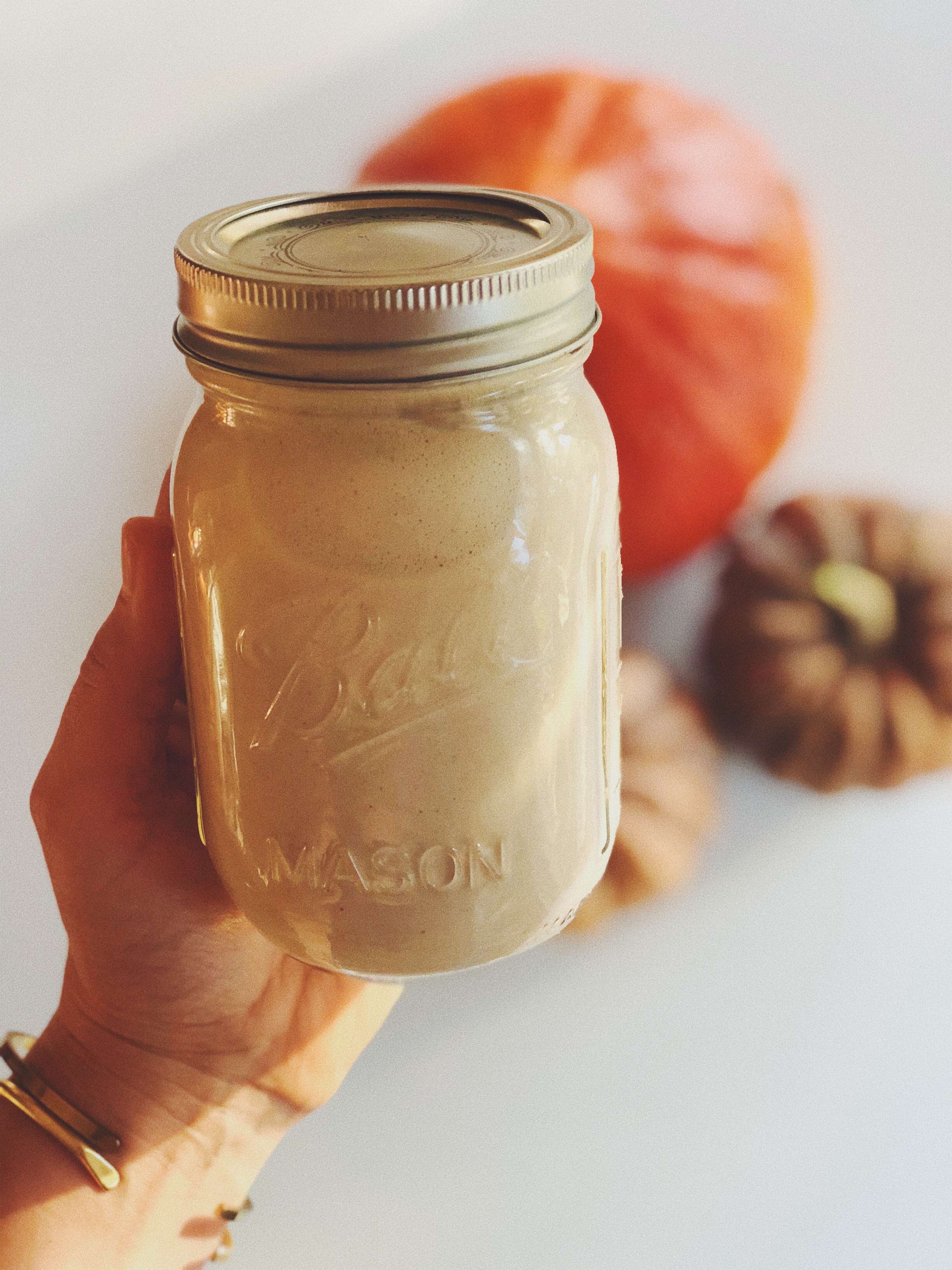Ahh turmeric, turmeric, turmeric. It’s been such a buzzy word that spilled over from the wellness world into the mainstream consciousness pretty quickly. Turmeric is perhaps the best example of what’s old is new again when it comes to health.
This spice has been revered for years in traditional medicine. It’s health properties are pretty impressive, so it’s a big bummer that Americans have been collectively missing out on them for decades.
So let’s get into why people are so obsessed with this yellow spice (1, 2):
It has huge anti-inflammatory properties. This is what brought the humble spice back up. So many of us today are suffering from chronic inflammation.
Curcumin is the main active ingredient in turmeric, which provides the anti-inflammatory and antioxidant benefits. Okay listen up because this part is important: there have been studies done that show that curcumin is JUST AS EFFECTIVE AS SOME ANTI-INFLAMMATORY DRUGS. Without the side effects like damage to the gut. I personally take a curcumin supplement if I have a headache or pain. I would strongly recommend you replace your ibuprofen or Advil with a curcumin supplement. OTC painkillers almost all have a negative impact on gut health.
Turmeric actually helps SUPPORT gut health. Curcumin helps relax the muscles of intestines, pushing food through. It also helps alleviate gas and bloating. Curcumin encourages regeneration of the gut lining, which is helpful for a variety of digestive disorders, including leaky gut. And last but not least, curcumin supports healthy microbes in the gut and disrupts the growth of harmful organisms. Impressive, right?
Curcumin increases levels of something called brain-derived neurotrophic factor (BDNF), which helps your neurons form new connections - meaning better brain health for you. This has several amazing implications including protection from Alzheimers and depression, which are both marked by low levels of BDNF.
Curcumin fights cancer. Studies have shown that it can help kill off cancerous cells while also slowing the spread of cancer and growth of blood vessels in tumors. Curcumin can also be used preventatively.
Arthritis can be treated with curcumin supplementation. One study showed it to be more effective than a drug for rheumatoid arthritis.
Curcumin can fight depression. Did you know inflammation plays a huge role in depression? One study showed curcumin was just as effective as Prozac. Mic drop.
So turmeric has earned its reputation, yes? Curcumin is amazing, but not actually that bioavailable from just using the spice itself. There are two ways to make it more bioavailable: combine it with black pepper and/or with fat, both of which boost our absorption of curcumin. If you supplement with it, make sure there’s a black pepper extract included in the formula for maximum potency.
For more concentrated benefits you can take a supplement (ie, fighting chronic pain, depression, digestive issues). Or you can start incorporating it in everyday cooking using fresh or dried turmeric, which I would recommend even if you’re taking it in supplement form because getting nutrients from food is always preferable to supplements.
Curries are a great way to get in your turmeric since it’s one of the main components of curry powder. I also just sprinkle some turmeric in veggies while I’m sautéing them, eggs, even smoothies! Fresh turmeric is pretty widely available and you can grate that into soups, stews, dressings, smoothies, etc. Just add it whenever you think of it!
There’s also this amazing drink called Golden Milk - a traditional Ayurvedic tonic that makes it easy and delicious to reap the benefits of turmeric. Try it out!
Golden Milk
makes 2 small or 4 large cups
ingredients
4 cups non-dairy milk (preferably something with a little fat)
1 - 2 tsp dried turmeric powder
1 - 2 tsp dried ginger powder
1 - 2 tsp cinnamon (optional, for flavor)
Pinch of black pepper
Honey to taste
instructions
Add all ingredients except honey to a saucepan over medium heat. Whisk in the spices. Bring to a drinkable temperature.
Transfer to a mug, add honey to taste and enjoy!
notes
* You can also use 1 can full fat coconut milk + 2 cups of water as your liquid for a really rich version.
* Instead of honey, you could add a date or two, transfer to a blender and blend until smooth.


























